An apple is a crunchy, juicy, delicious fruit that is considered to be one of the most popular in the world. Apples are commonly used in pies, muffins, cookies, oatmeal, salads, jams, smoothies, or you can simply munch on them directly.
However, have you experienced some digestive issues after consuming a considerable amount of apples? Are apples and diarrhea connected? Read on further to find out.
Apples: Background Info
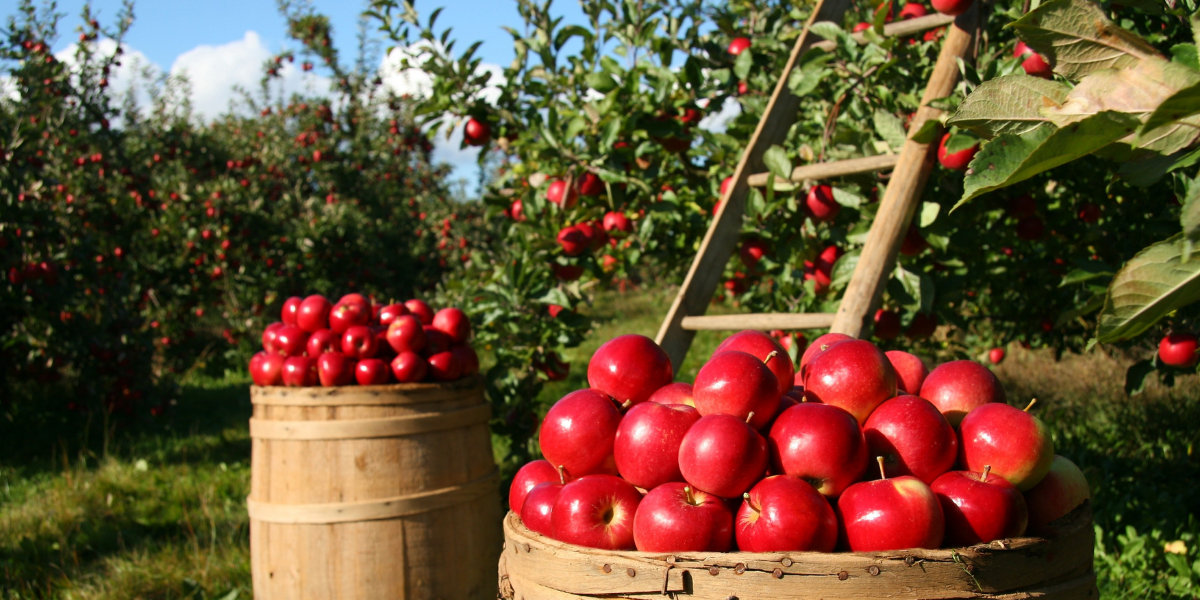
Contrary to popular belief, apples did not come from North America. Instead, they originated in Central Asia 750,000 years ago, specifically at the foot of the snow-tipped Tianshan Mountains in Kazakhstan, where forests of wild crab apples known as Malus sieversii grew. The fruit was so widespread in the area that the former capital of Kazakhstan, Almaty, used to be named ‘Alma Ata’ meaning “full of apples.” By 1500 B.C., apple seeds had been brought and cultivated throughout Europe.
Whether red or green, the different varieties of modern apples (Malus domestica) available today are all very similar in their nutrient profiles with some slight differences. Here are the nutrition facts of a 100-gram serving of raw, unpeeled apples based on a 2000-calorie per day diet with their respective percentage of daily value:
Calories 52
Water 85.6g
Protein 0.26g (1% of DV)
Carbs 13.8g (5% of DV)
Sugar 10.4g
Fiber 2.4g (9% of DV)
Fat 0.17g (0% of DV)
Cholesterol 0mg (0% of DV)
Sodium 1mg (0% of DV)
Calcium 6mg (1% of DV)
Iron 0.12mg (1% of DV)
Potassium 107mg (2% of DV)
Magnesium 5mg (1% of DV)
Phosphorus 11mg (1% of DV)
Vitamin C 4.6mg (5% of DV)
Vitamin E 0.2mg (1% of DV)
Vitamin A 3mcg (0% of DV)
Vitamin K 2.2mcg (3% of DV)
Folate 3mcg (1% of DV)
Apples are cholesterol-free, fat-free, and sodium-free, but high in fiber, vitamins, and antioxidants. They are also very filling inspite of their low-calorie count. When the apple is peeled, you can expect the fiber content to be significantly reduced since an apple with its skin removed contains 1.5 grams of fiber instead of nearly 5 grams when the skin is intact.
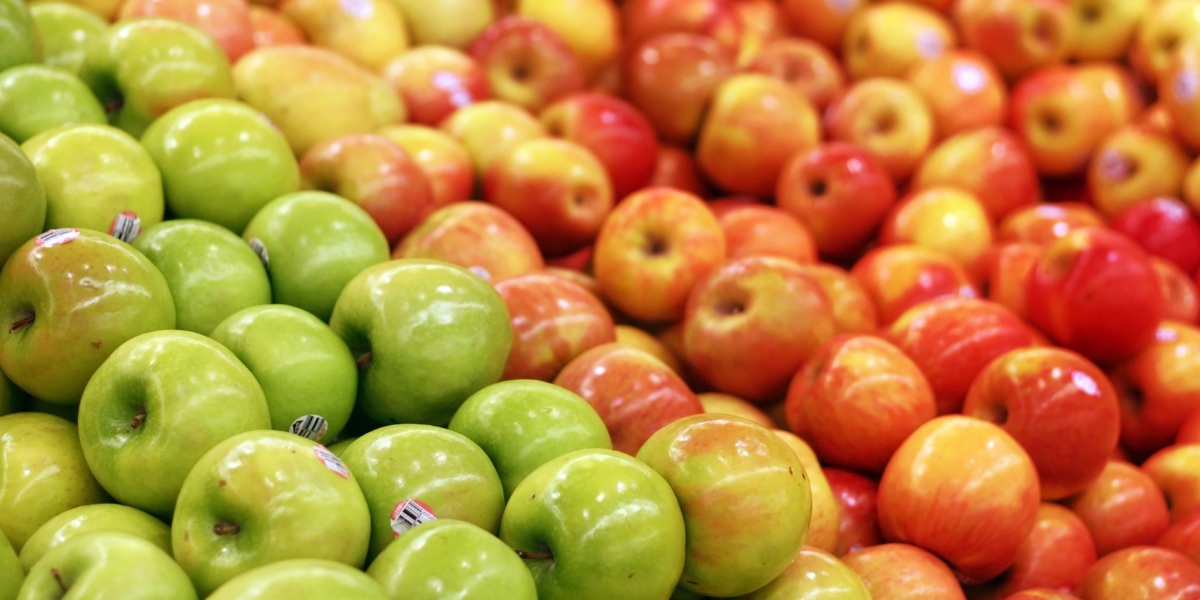
At present, nearly 8000 apple varieties are grown worldwide. In addition to the many ways they can be prepared and the numerous colors and flavors you can choose from, apples have become one of the highest exported fruits in demand primarily because they provide many health benefits such as:
- Supports weight loss
- Good for the heart
- Lowers diabetes risk
- Promotes gut health
- Helps prevent cancer
- Protects the brain
- Keeps teeth healthy
- Detoxifies the liver
- Prevents gallstone formation
- Boosts immunity
Apples And Diarrhea: Are They Connected?
Speaking of health benefits, you must be pretty familiar with the popular saying, “An apple a day keeps the doctor away.” In this case, it is quite the opposite as the apple may lead you to consult with the doctor! Are apples and diarrhea connected? Here are some reasons why apples may cause diarrhea:
-
Apples are rich in fructose.
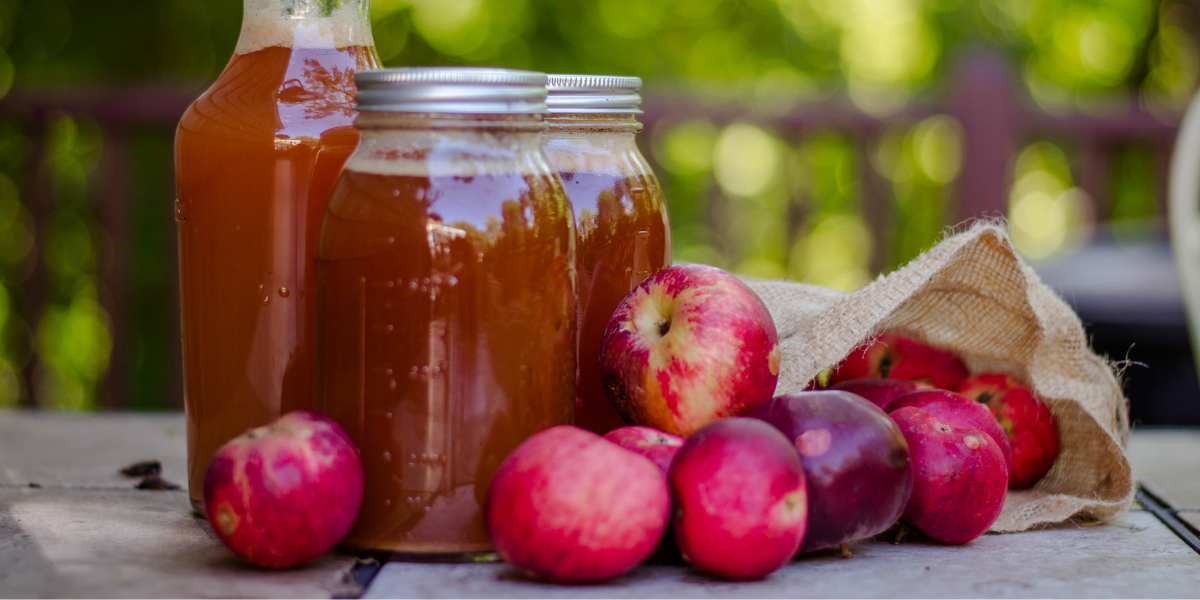
Fructose is a type of simple sugar that is naturally found in fruits, fruit juices, vegetables, and honey. These sources can contribute around 40 to 60% of your total fructose intake.
Fructose, along with artificial sweeteners and lactose, is part of a group of poorly digested sugars known as FODMAPs. These short-chain carbs are difficult to digest so most of them reach the far end of the intestine where they react with gut bacteria to produce hydrogen gas and sometimes cause digestive issues. FODMAPs also bring excess fluid into the intestine which can lead to bloating, cramps, and diarrhea.
Apples, along with grapes and watermelon, are high in fructose. The fructose content may differ according to the apple variety but, on average, a medium-sized apple has 10.75 grams of fructose which far exceeds the recommended amount of is 3 grams or less per serving.
-
Apples contain pectin.
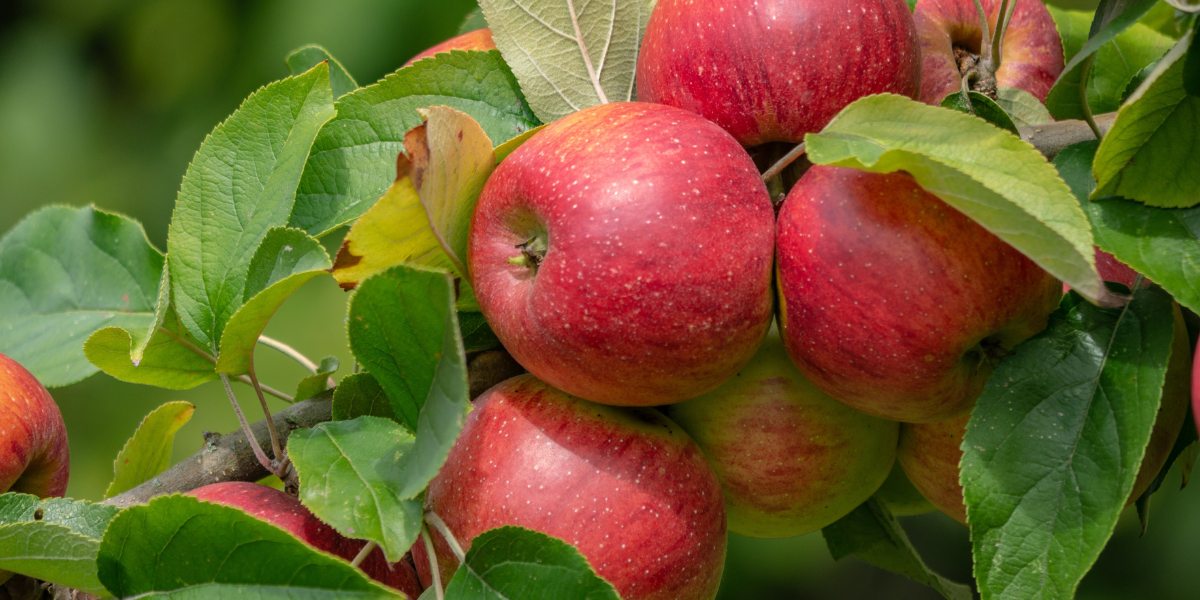
Pectin is a soluble fiber occurring in fruits, especially apple and citrus peels. The amount of pectin contained in an apple ranges from 0.14 to 1.15% of weight depending on variety, ripeness, and growing conditions. Pectin may also be ingested as a nutritional supplement made primarily from apple fiber.
Pectin and other dietary fibers do not contribute significant amounts of nutrients, primarily because your intestine finds them hard to digest, although they do provide some health benefits because they help regulate blood cholesterol and glucose levels and remove toxins from your body.
When there is a large amount of fiber like pectin in your diet, some malabsorption of nutrients may occur in your intestine which can lead to diarrhea, especially when accompanied by too much water intake. Other side effects of pectin are bloating, lack of appetite, and mineral depletion.
-
Apples are high in fiber.
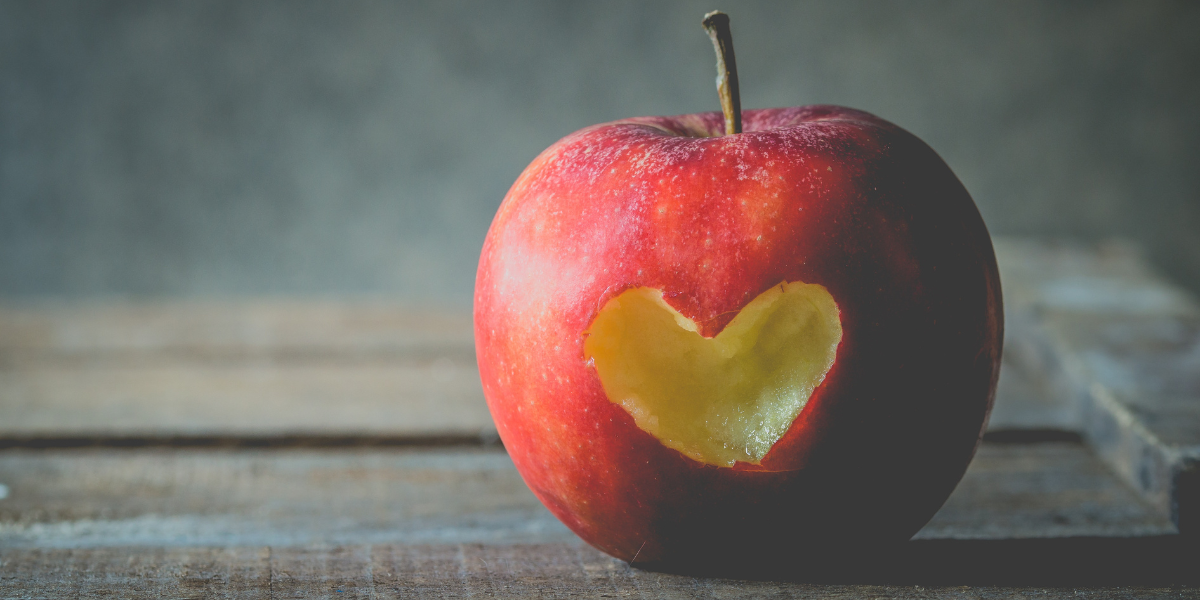
Fiber is a type of carbohydrate found in plant-based foods that the body finds difficult to digest. The 2020 to 2025 Dietary Guidelines For Americans recommends consuming 28 to 34 grams of fiber daily. However, eating an excessive amount of fiber may cause you to rush to the toilet!
Apples contain both soluble and insoluble fiber. According to nutritionist and advisor of nourishgenie.com, Pooja Makhija, 36% of the apple is made up of soluble fiber, while the remaining 64% is made up of insoluble fiber. “Soluble fiber is the one which forms gel-like consistency in stools and slows down digestion. So, if you have diarrhea, you should have the pulp of the fruit without the skin,” she adds. The skin of the apple contains the most insoluble fiber.
On the contrary, insoluble fiber does not absorb water and speeds up digestion as well as the transit time of your bowel movement. In short, this is the fiber part of the apple to watch out for as it strains the digestive system and contributes to diarrhea.
Eating fiber-rich fruits like apples can cause diarrhea. To prevent this from happening, here are some things you can do to lower the fiber content in the fruits you consume:
- Eat fewer fruits in smaller portions.
- Limit your consumption of high-fiber fruits like unpeeled apples, pears, oranges, avocados, dates, prunes, blueberries, and strawberries.
- Opt for fruits that have less than 1.5 grams of fiber per half-cup serving.
In addition, you must drink plenty of liquids to keep yourself hydrated and enable you to replace the fluids that you have lost.
Contradictory Findings
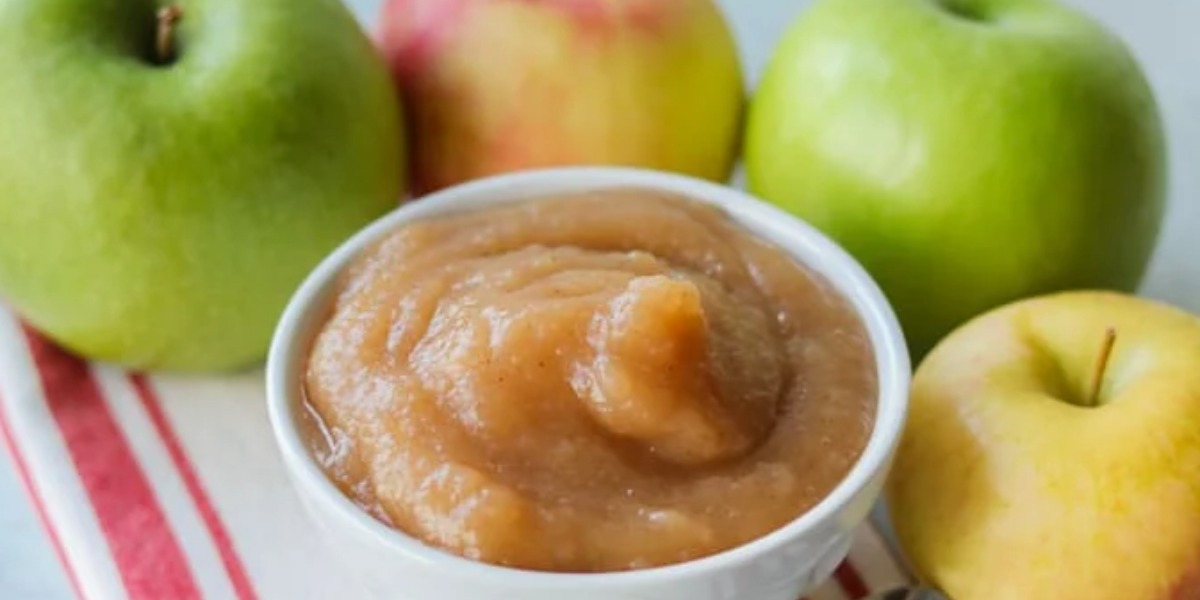
On the other hand, apples are also recommended for diarrhea because they belong to the BRAT diet which is known to help treat diarrhea by making stool firm. BRAT stands for “bananas, rice, apples, and toast” which are bland foods that don’t aggravate an upset stomach. Other foods that belong to the BRAT diet are cooked cereal, soda crackers, and applesauce or apple juice.
Moreover, apples contain significant amounts of pectin, a type of soluble fiber that has the ability to absorb water. It is known to help in decreasing the symptoms of diarrhea and returning bowel movements to normal.
Sum And Substance
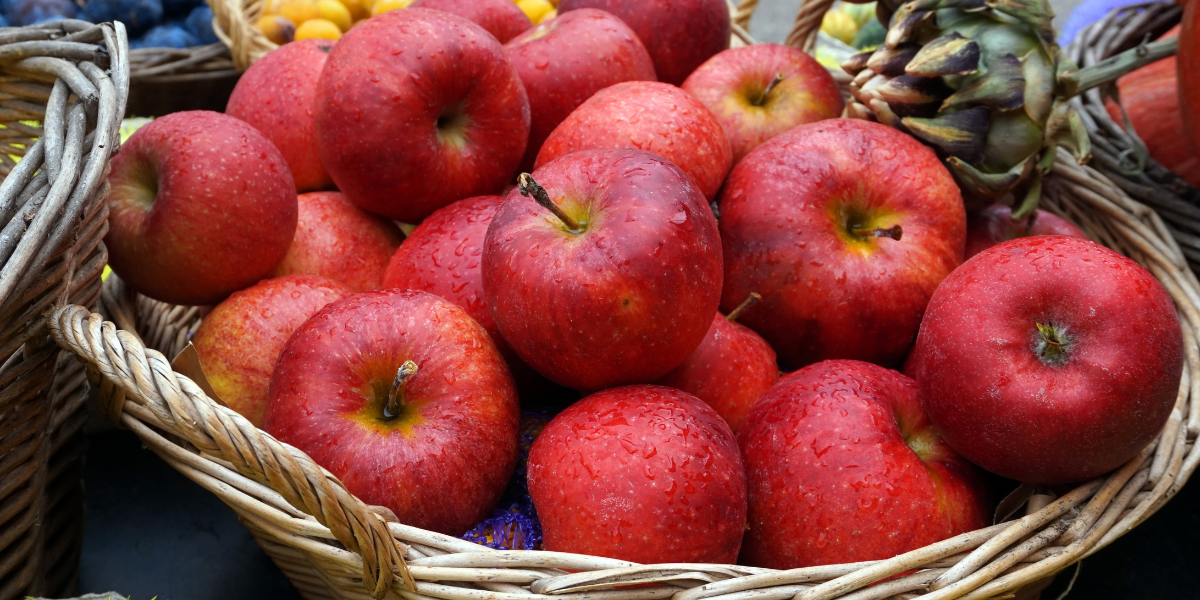
To sum it all up, apples taste delicious on their own or when added to dishes, plus they are also loaded with health benefits. Apples are a good source of fiber, antioxidants, and small amounts of certain vitamins and minerals. But like all good things, they do have their downside. Are apples and diarrhea connected? Yes, they are, and there are 3 reasons why they are.

